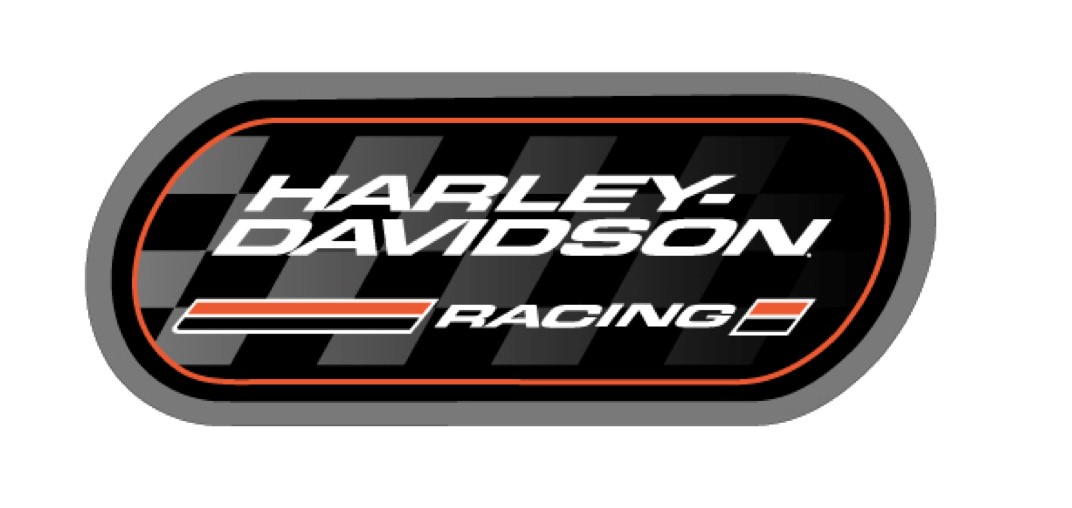WASHINGTON (Reuters) – Ten U.S. states and the District of Columbia said Thursday they are challenging a decision by the Trump administration to drop a requirement that Harley-Davidson Inc (HOG.N) spend $3 million to reduce air pollution under a settlement the Obama administration announced.
FILE PHOTO: The air cleaner of a Harley Davidson Roadster motorcycle is seen in Singapore August 31, 2017. REUTERS/Thomas White/File Photo
In 2016, the Milwaukee-based motorcycle manufacturer agreed to pay a $12 million civil fine and stop selling illegal after-market devices that caused its vehicles to emit too much pollution, and spend about $3 million to retrofit or replace wood-burning appliances with cleaner stoves.
The Justice Department in July cited a new policy by U.S. Attorney General Jeff Sessions and an ongoing review of the penalty by a government auditor in proposing to drop the $3 million penalty from the settlement. Reuters first reported the planned reduction.
U.S. District Judge Emmet Sullivan must still decide whether to approve the revised agreement.
The Harley-Davidson settlement resolved allegations that Harley sold about 340,000 “super tuners” enabling motorcycles since 2008 to pollute the air at levels greater than what the company certified. Harley-Davidson did not admit liability, and said previously it disagreed with the government, arguing that the tuners were designed and sold to be used in “competition only.”
Vermont Attorney General T.J. Donovan, joined by Massachusetts, New York, Washington State and others, said Sessions’ new policy “does not apply to projects like the wood stove mitigation project that directly remedies the harm caused by pollutants emitted by the non-compliant Harley-Davidson motorcycles.”
The states and the Obama administration said the $3 million wood stove mitigation project would offset additional air pollution caused by the motorcycles’ emissions of excess hydrocarbons and nitrogen oxides.
The Natural Resources Defense Council also asked the judge to reject the removal of the $3 million mitigation project, saying it “is not reasonable because it does not adequately protect the environment and does not sufficiently compensate the public.”
The Environmental Protection Agency and Harley did not immediately comment Thursday.
Reporting by David Shepardson; Editing by Cynthia Osterman





